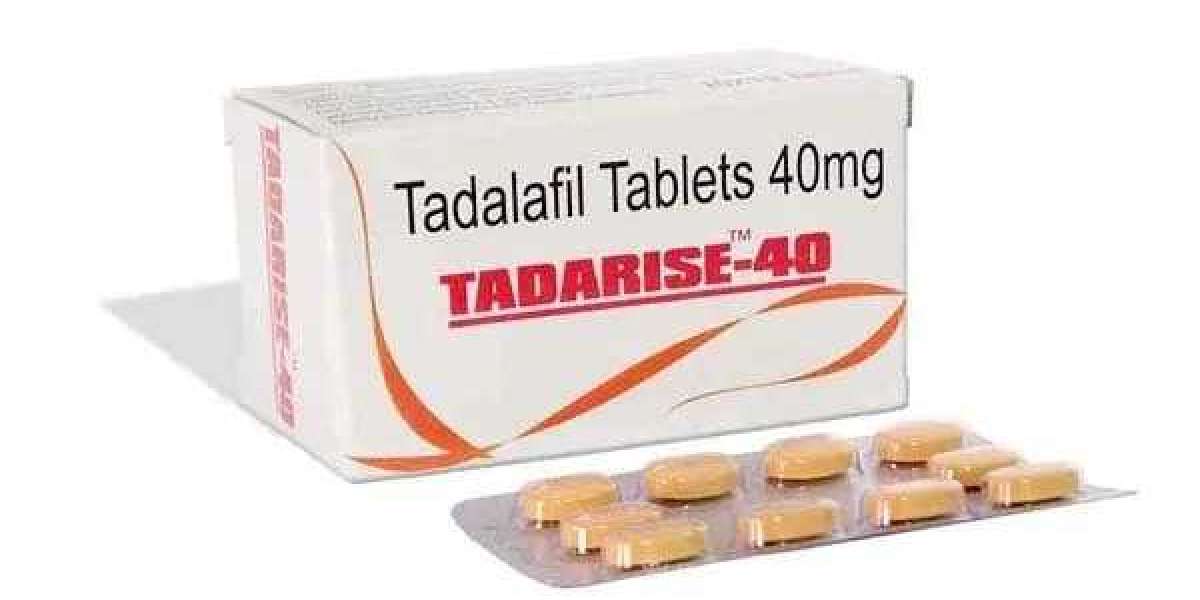The global motorcycle helmet market size is expected to surpass an impressive valuation of USD 2.70 billion in 2022. It is anticipated to reach a market valuation of USD 5.3 billion by the end of the forecast period while exhibiting a CAGR of 7.1 % from 2023 to 2033.
Rising awareness regarding road safety is expected to drive product demand. Moreover, an increasing number of motorbike and sports bike enthusiasts coupled with rising concerns regarding road traffic injuries across the globe is expected to drive the adoption of two-wheeler helmets during the forecast period.
Road traffic accidents have become a great challenge for public authorities in terms of efforts and finding sustainable solutions for effective prevention. As per the report published by the United Nations Motorcycle Helmet Study, between 2008 and 2020, more than 3.3 million people died due to motorcycle accidents, of which about 1.4 million of these lives could be saved by making proper use of helmets.
Technological advancements have aided market operators to launch smart helmets into the global market. Smart helmets have advanced features to help riders ride easily and efficiently by avoiding road accidents.
Request a Report Sample@ https://www.futuremarketinsights.com/reports/sample/rep-gb-15907
Some of the smart helmet’s features include GPS connectivity, voice assistance, tracking systems, cameras, Bluetooth, and Wi-Fi connectivity. Smartphones can be connected to smart helmets. This helps riders make, receive, and reject calls. Smart helmets can also help to reduce head injuries in traffic accidents. Hence, the launch of a multifunctional smart motorcycle helmet is expected to provide lucrative growth opportunities for the market.
Key Takeaways-
By end-user, Rider motorcycle helmet is dominating the market in the forecast period.
Full face segment is leading the motorcycle helmet market during the forecast period.
With a CAGR of 8.1%, online segment is going to dominate the market by distribution channel.
Asia pacific held the largest market of 67.2% in motorcycle helmet market in 2022.
Europe is anticipated to register the highest CAGR of 8.4% by the end of 2033.
Asia pacific is going to dominate the market in the upcoming years owing to the highest sales of motorcycles in the region.
Competitive Landscape-
Recently, in July 2019, For cite launched its MK1 smart motorcycle helmet with a unique LED visual communication strip that provides additional features such as an HD wide-angle camera, Bluetooth port unit, Voice over Internet Protocol intercom (VOIP), and a handlebar-mounted control unit
In October 2021, HJC premium helmet manufacturer announced that the company is working with Red Bull Racing for the launch of the first-ever Red Bull licensed helmets for its consumer base. The company forefront partnership with Red Bull helped it to design a very special helmet, i.e., RPHA 1 Red Bull Austin GP helmet.
For any Queries Linked with the Report, Ask an Analyst @ https://www.futuremarketinsights.com/ask-question/rep-gb-15907
In October 2021, Royal Enfield launched a new range of its limited-edition helmets amid the celebration of its 120th anniversary. The helmet is open face helmet that weighs around 1,280 grams approximately. Furthermore, it is launched with a face-covering bubble visor and premium leather material treated with polygiene.
In December 2021, Vega, a Belgaum-based manufacturer from India, announced its partnership with BASF for the production of lightweight, comfortable and safe motorcycle helmets. Under this partnership, Vega engages in BASF’s material innovation solution to install the best material in the helmets.








